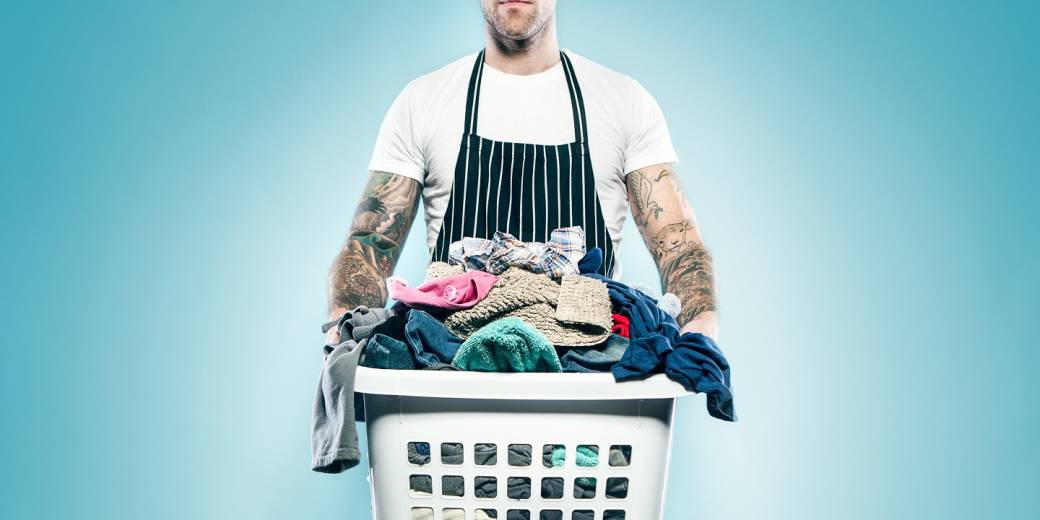Lessons from Lockdown
25 January, 2021 Reading: 3:16 mins
Looking back on 2020, one of the few upsides was how big upheavals can be a once-in-a-generation chance to quite quickly reinvent ourselves – including around gender bias – but it seems we aren’t taking it.

Looking back on 2020, one of the few upsides was how big upheavals can be a once-in-a-generation chance to quite quickly reinvent ourselves – including around gender bias – but it seems we aren’t taking it.
We were told it was ‘impossible’ to curb ever-rising CO2 emissions as we flew and drove more each year – but suddenly in 2020 it happened, and I for one plan to keep it down.
I first started home working in the early 2000s and became a cross-border employee in 2006, but it was rare back then. In the last year, millions of employers have embraced remote working – a recent article showed higher earners now spend half as much time in the workplace as in 2014-15 and, for screen-based jobs, I seriously believe the ‘five-days-in-the-office’ norm has vanished permanently.
However, when we’re all at home, the tired topic of unpaid house-related chores becomes even more critical – the article I quoted above was in fact mainly about this. Despite an improvement in the gender-balance during lockdown one, childcare and home chores have now reverted to being ‘women’s work’ – same old, same old. Childcare is still automatically framed as a ’problem for working women’ rather than for all parents. Yes, women today are three times more likely to be in part-time work and twice as likely to earn the UK’s lowest hourly rate; but regardless of how many hours you work or your pay, women have already been pushed back up to once again taking on 64% more of the household responsibilities than their male partners and once again to doing double the childcare hours. Women also spend up to 50% more time than men caring for adult relatives who need help.
Sadly, even in seemingly ‘woke’ households where both partners suddenly worked at home, I witnessed several men – some of them parents – who shut themselves in the spare room all day and expected their partner to work at the kitchen table or on the sofa. I don’t know if this arrangement was agreed, or just assumed, but either way it already has potential health and safety implications even without the stress of childcare or homeschooling responsibilities on top. Stats from the ONS show that even in 2020 women are still paid about 9% lower for part-time and 12% less for full-time work than men doing the same jobs, which is not just illegal but of course props up the ‘but I earn more than you’ argument (I do have personal experience of this: I once bumped into a former manager who spontaneously apologised and admitted I was paid 30% less than the man who did the same senior marketing job immediately before me).
This is not about dirty dishes – it’s a matter of respect, and we should take the lockdown opportunity to reset.
It is simply time this was spoken about more, and not just because we can’t build a more equal work world when it sits on fundamentally uneven ground like this. We won’t have an equal wider world either. Husbands, including Tony Blair, cheerfully told the Daily Mail recently that they basically don’t do housework and never have, for decades. In a 2016 article one man admitted that it took his wife divorcing him to wake him up to how important an equal, proactive contribution at home was to her. As with racism and other emotive topics, noisy protest and uncomfortable conversations are needed … but more than that we just need those with the wrong ideas to wake up, look in the mirror, and see the real relationship harm caused by laziness – then start to address it. Today.
